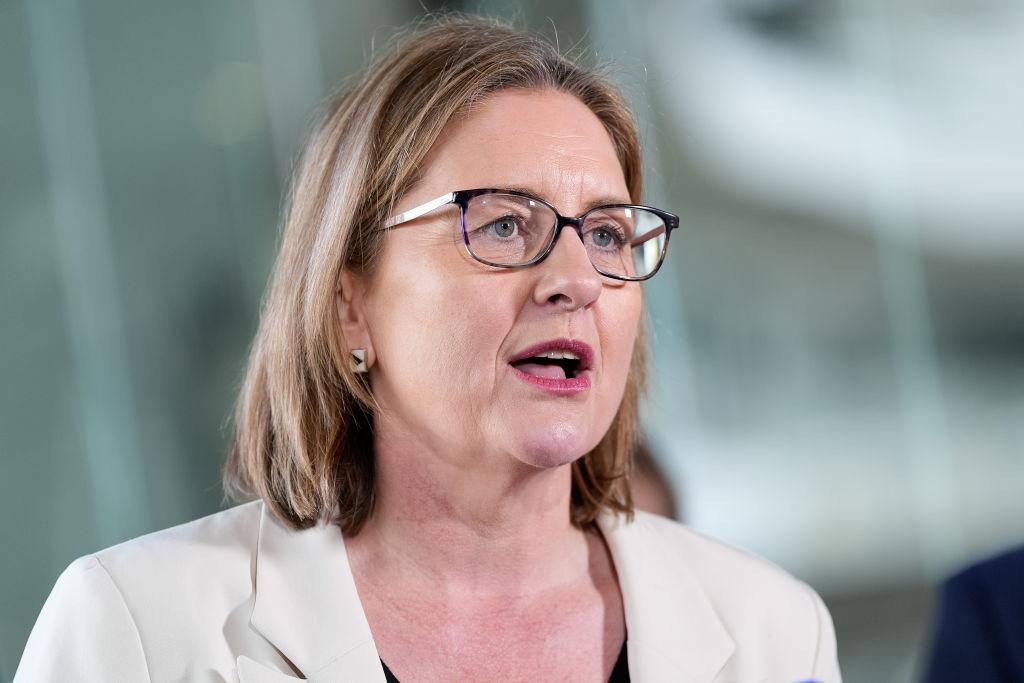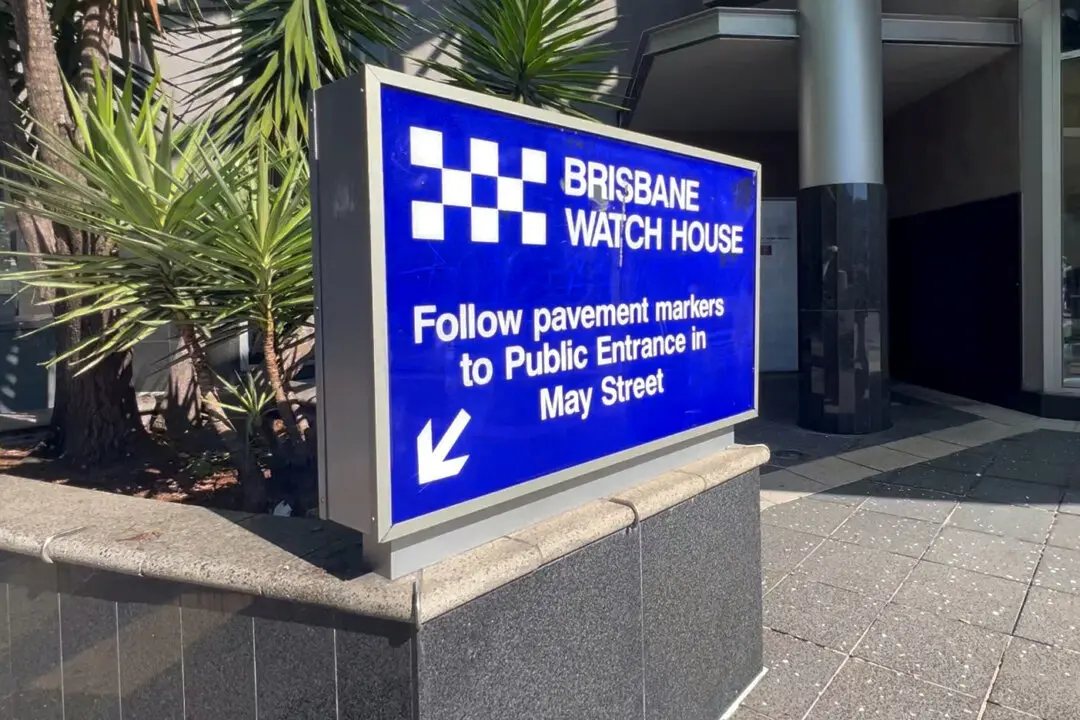Victoria’s government is set to introduce new rental legislation to crack down on excessive rent increases and ensure rental accommodation meets basic standards.
On Nov. 27, Premier Jacinta Allan and Minister for Consumer Affairs Gabrielle Williams announced plans to introduce the Consumer and Planning Legislation Amendment (Housing Statement Reform) Bill into the Victorian Parliament.





